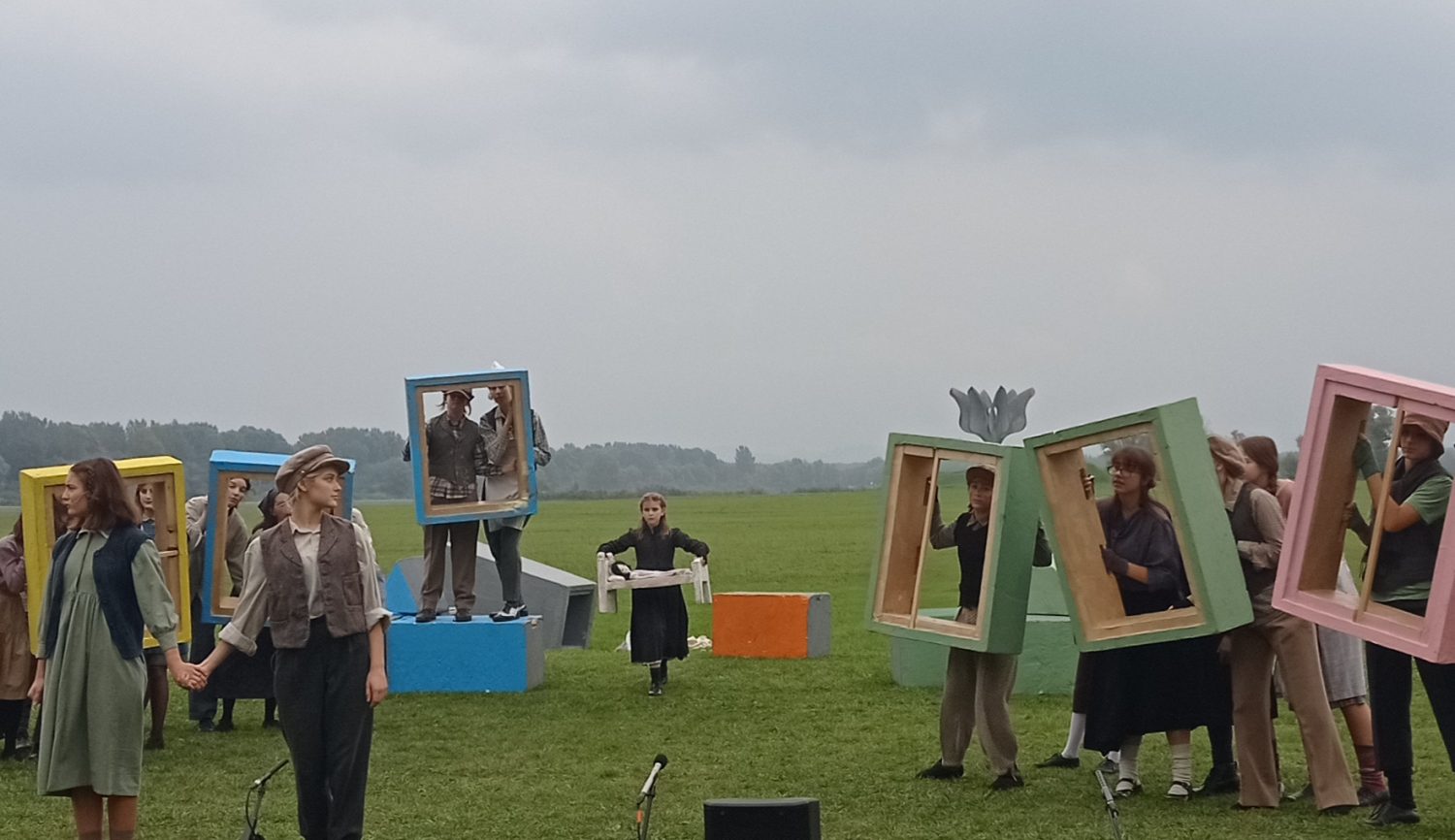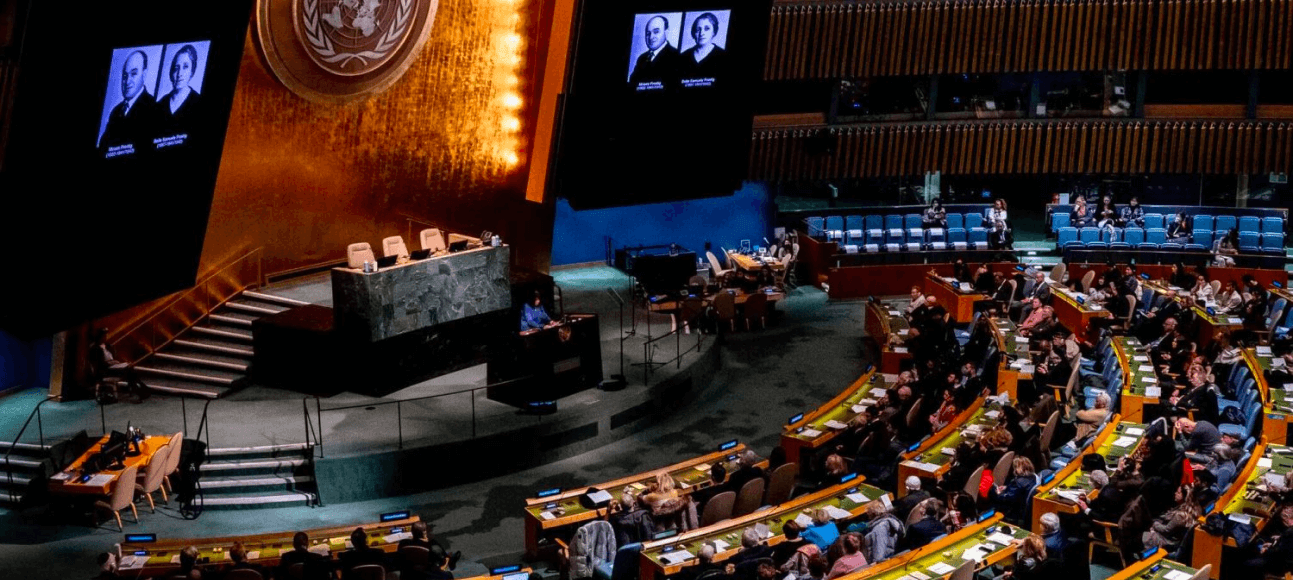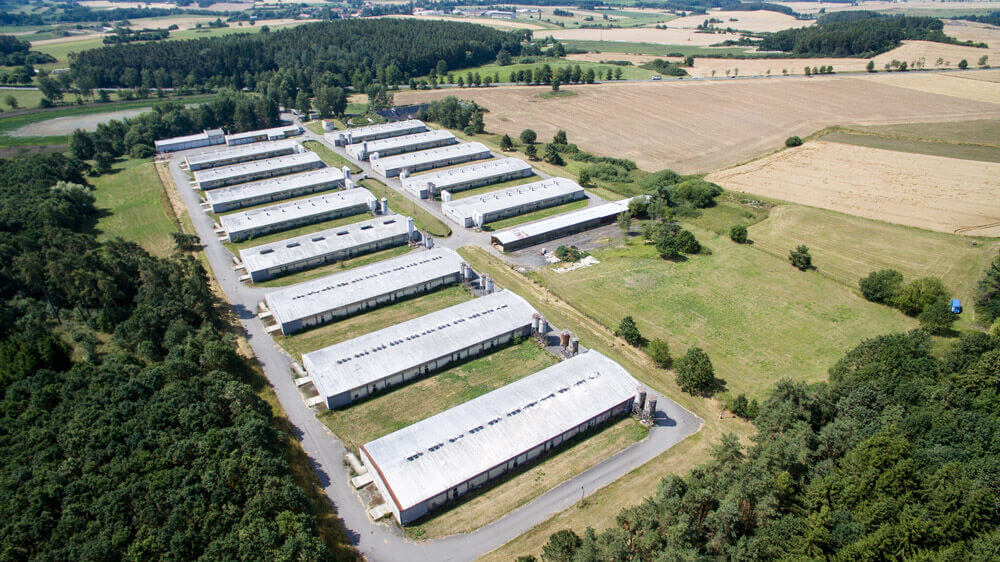
Conference registration open for “Jasenovac Past and Present“
History and Memory of Institutionalized Destruction
The Jasenovac camp complex was a major site of mass killings of Serbs, Jews, Roma and Sinti, and opponents of the criminal policies of the fascist Ustaša regime during the Second World War. Built in August 1941 following the establishment of the Independent State of Croatia, the camp has in recent years been both the subject of much contentious public debate, as well as of a wave of thorough academic research. This recent scholarship has allowed for international experts to approach a consensus on life and death in the camp, which will form the focus of an upcoming online conference, Jasenovac Past and Present: History and Memory of Institutionalized Destruction, to be held on 15–17 December 2021.
Registration for the Jasenovac Past and Present conference is now open.
Conference to critically analyze the intricate web of connections transcending past and present
Co-funded by the IHRA, the conference will revisit long-standing historical controversies and present new research findings, while also gaining a better understanding of how the memory of the camp has changed over time and how it has impacted present-day societies in Serbia, Croatia, and other parts of the former Yugoslavia.
With distortion and manipulation continuing to color public discourse around the camp, the Jasenovac Past and Present conference represents an important contribution to promoting fact-based discussions and fostering historically informed narratives in public discourse.
Jasenovac Past and Present virtual conference open to the public
To reach as many people as possible the three-day conference will be held virtually. Activities will combine expert panel discussions and several public events that seek to:
- increase knowledge about the current state of research
- raise awareness of manipulation, distortion and denial pertaining to Jasenovac
- stimulate regional and wider international research cooperation
The conference is organized by the Hugo Valentin Center at Uppsala University in cooperation with Mémorial de la Shoah in Paris, Topographie des Terrors in Berlin, the Department of History at the University of Belgrade, the Department of History at the Faculty of Philosophy and Social Science, University of Zagreb, and the Jasenovac Memorial Area.
Sign up to our newsletter to
receive the latest updates
By signing up to the IHRA newsletter, you agree to our Privacy Policy




